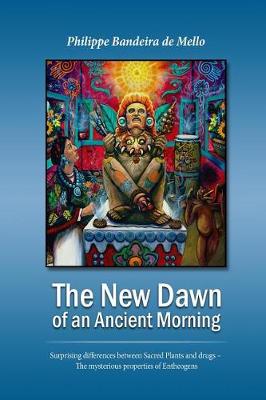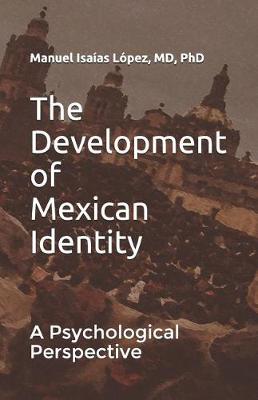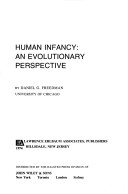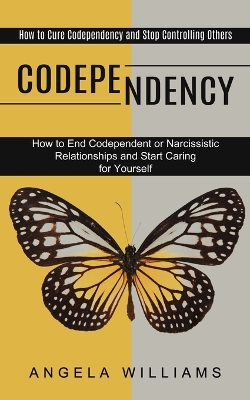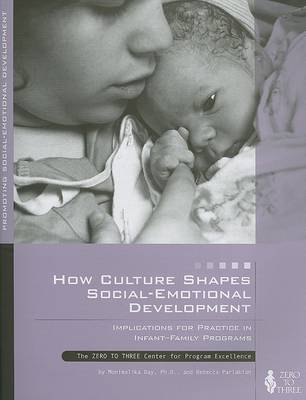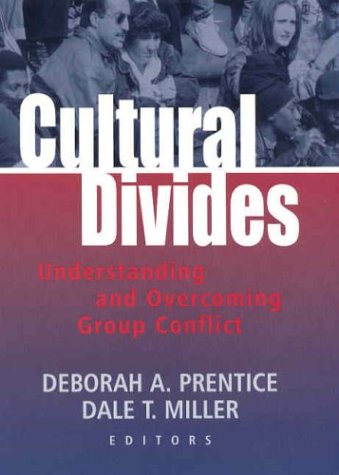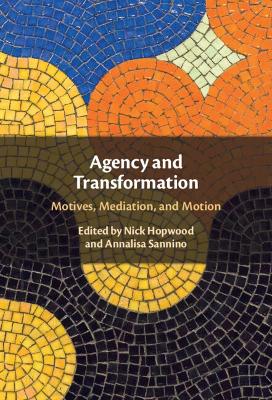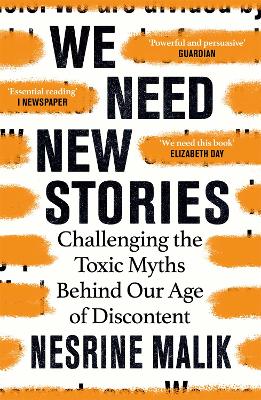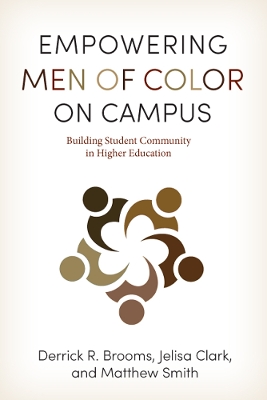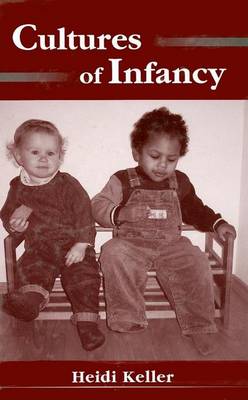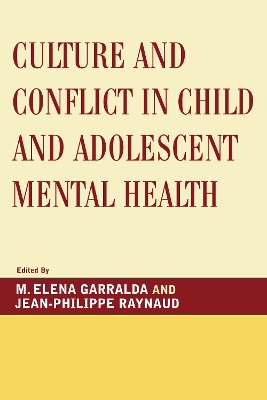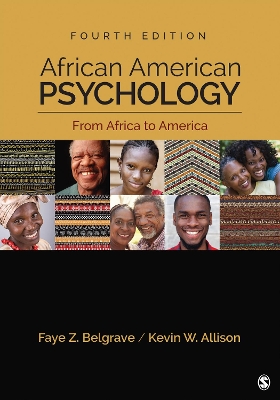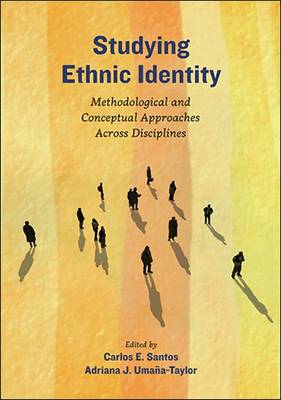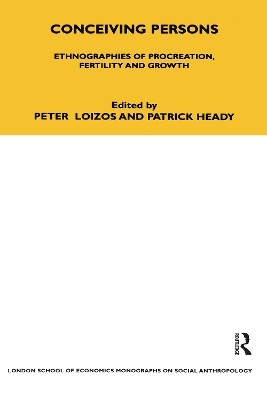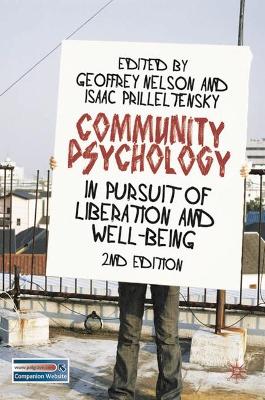Human Infancy (Child Psychology) (Psychology Library Editions: Cognitive Science)
by Daniel G. Freedman
Originally published in 1974, this volume is primarily devoted to what is known about human infancy from an ethological, evolutionary viewpoint. Included are discussions of pan-specific traits, presumably shared by all infants; individual genetic variations on these behaviours (as judged by twin-studies); sex differences, presumably shared by infants of all ethnic groups; and genetically based ethnic differences. However, the author favours neither biological determinism nor cultural determinism...
Toxic Ivory Towers seeks to document the professional work experiences of underrepresented minority (URM) faculty in U.S. higher education, and simultaneously address the social and economic inequalities in their life course trajectory. Ruth Enid Zambrana finds that despite the changing demographics of the nation, the percentages of Black and Hispanic faculty have increased only slightly, while the percentages obtaining tenure and earning promotion to full professor have remained relatively stag...
How Culture Shapes Social-emotional Development
by Monimalika Day and Rebecca Parlakian
This publication, written for program leaders and practitioners, examines how culture shapes children's fundamental learning about themselves, their emotions, and their way of interacting and relating to others. Recommendations for providing culturally responsive services are included, as is an explanation of cultural reciprocity a framework for resolving cultural dilemmas. Numerous activities featuring a range of infant-family settings are provided as well.
Cultural Divides
Agency and Transformation
Understanding and promoting agency are crucial to addressing urgent social problems of our time. Through agency, we can take transformative steps toward the future that ought to be. This book shows how contemporary conceptualizations from cultural-historical activity theory can inform research and practice that fosters positive change. At the core of this book's novel approach to agency and transformation are three motifs: motives, mediation, and motion. These take inspiration from the original...
'Nesrine Malik writes with urgent eloquence about the world we live in, applying her brilliant mind to some of the most important debates of our age. She's right: we do need new stories. Most of all though, we need this book' ELIZABETH DAY, author of HOW TO FAIL'We live in confusing and chaotic times - an age where the values many took for granted are being questioned, where universal rights are being casually denied. WE NEED NEW STORIES is the first book I've read that makes sense of where we a...
Empowering Men of Color on Campus (The American Campus)
by Derrick R. Brooms, Jelisa Clark, and Matthew Smith
While recruitment efforts toward men of color have increased at many colleges and universities, their retention and graduation rates still lag behind those of their white peers. Men of color, particularly black and Latino men, face a number of unique challenges in their educational careers that often impact their presence on campus and inhibit their collegiate success. Empowering Men of Color on Campus examines how men of color negotiate college through their engagement in Brothers for United Su...
Cultures of Infancy presents the first systematic analysis of culturally informed developmental pathways, synthesizing evolutionary and cultural psychological perspectives for a broader understanding of human development. In this compelling book, author Heidi Keller utilizes ethnographic reports, as well as quantitative and qualitative analyses, to illustrate how humans resolve universal developmental tasks in particular sociodemographic contexts. These contexts are represented in cultural model...
Culture and Conflict in Child and Adolescent Mental Health
This volume, part of the International Association of Child and Adolescent Psychiatry and Allied Professions' book series 'Working with Children & Adolescents,' aims to bring up-to-date empirically derived knowledge on transcultural themes as they affect child and adolescent mental adjustment, to assist those seeking to understand and ameliorate the mental health problems of children and young people. The contributors represent expert views supported by empirical and clinical experiences. They a...
Psychology's WEIRD Problems (Elements in Psychology and Culture)
by Guilherme Sanches de Oliveira and Edward Baggs
Psychology has a WEIRD problem. It is overly reliant on participants from Western, Educated, Industrialized, Rich, and Democratic societies. Over the last decade this problem has come to be widely acknowledged, yet there has been little progress toward making psychology more diverse. This Element proposes that the lack of progress can be explained by the fact that the original WEIRD critique was too narrow in scope. Rather than a single problem of a lack of diversity among research participants,...
Can psychoanalytical hypotheses have a universal value? Can they describe the same – or a similar – psychic dynamic for any human, regardless of the historical, social and cultural context? Can psychoanalysis help with mental suffering in different realities? In our times, the questions psychoanalysis has to face are very complex. The modern world is dominated by technology that subverts the perception of the body, by new families and group organization, and by a global violence that enforces a...
Anxiety in and about Africa (Cambridge Centre of African Studies)
How does anxiety impact narratives about African history, culture, and society? This volume demonstrates the richness of anxiety as an analytical lens within African studies. Contributors call attention to ways of thinking about African spaces--physical, visceral, somatic, and imagined--as well as about time and temporality. Through a multidisciplinary approach, the volume also brings histories of anxiety in colonial settings into conversation with work on the so-called negative emotions in dis...
Master Your Day Design Your Life (Improve Productivity, #2)
by Som Bathla
Studying Ethnic Identity
Humans are a fundamentally social species. As individuals, we construct our identity through our affiliation, interaction, and identification with larger groups. And in diverse and multiethnic societies like ours, ethnic identity takes on an especially profound importance. In recent years, social scientists have been increasingly studying the meaning, process, and content of ethnic identity, but these efforts have been piecemeal, and the field as a whole has suffered from a lack of conceptual cl...
Conceiving Persons (LSE Monographs on Social Anthropology, #68)
This volume provides an international analysis of the core metaphors and practices of human sexual and social reproduction in their personal, social and cosmological contexts.
